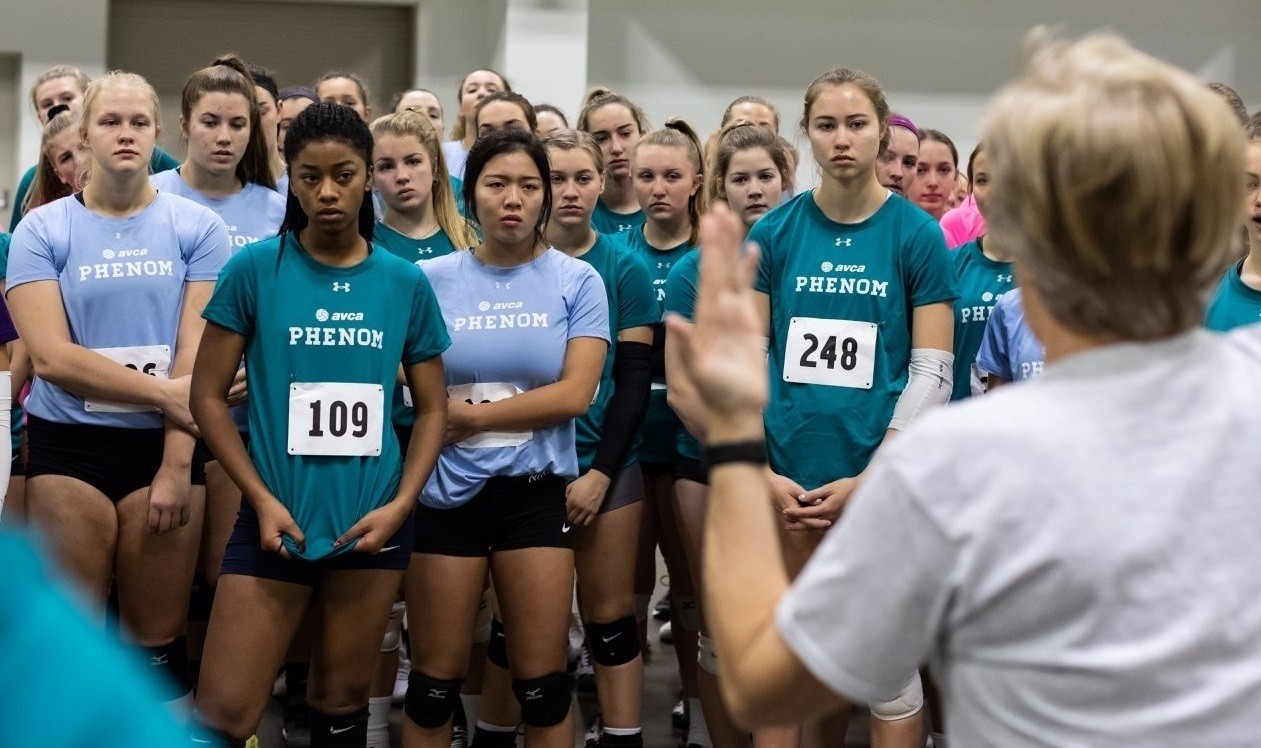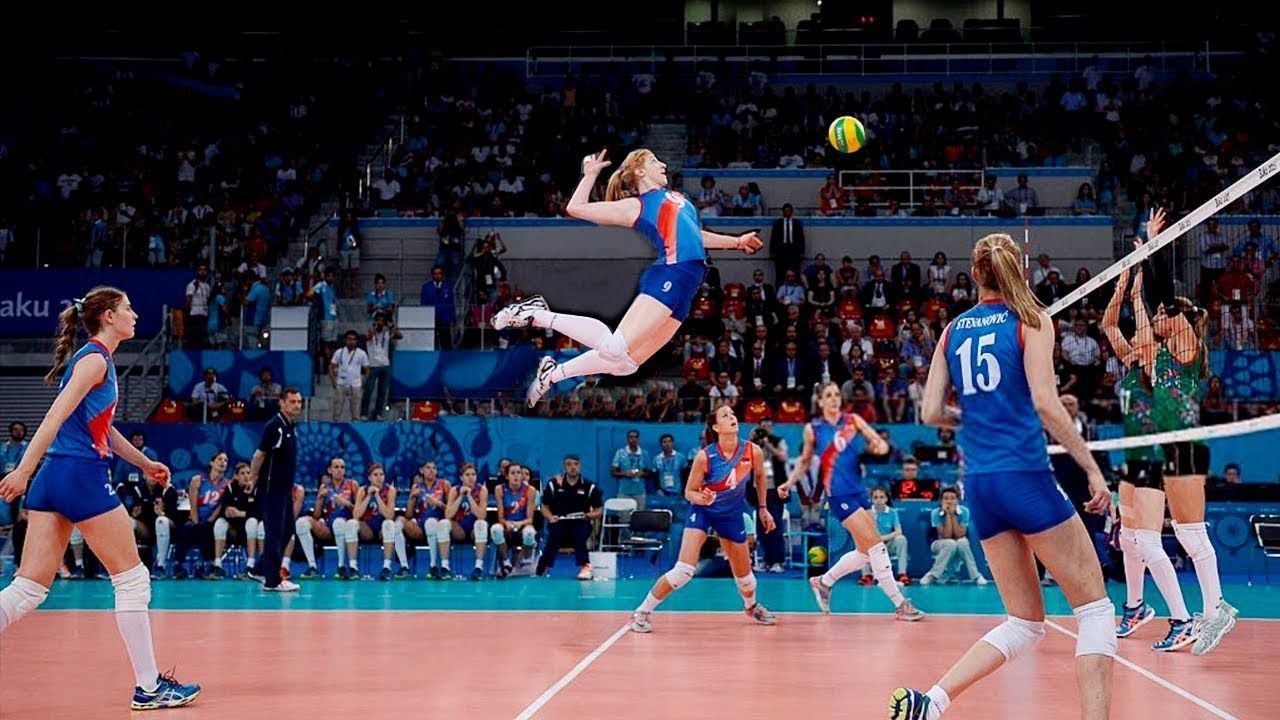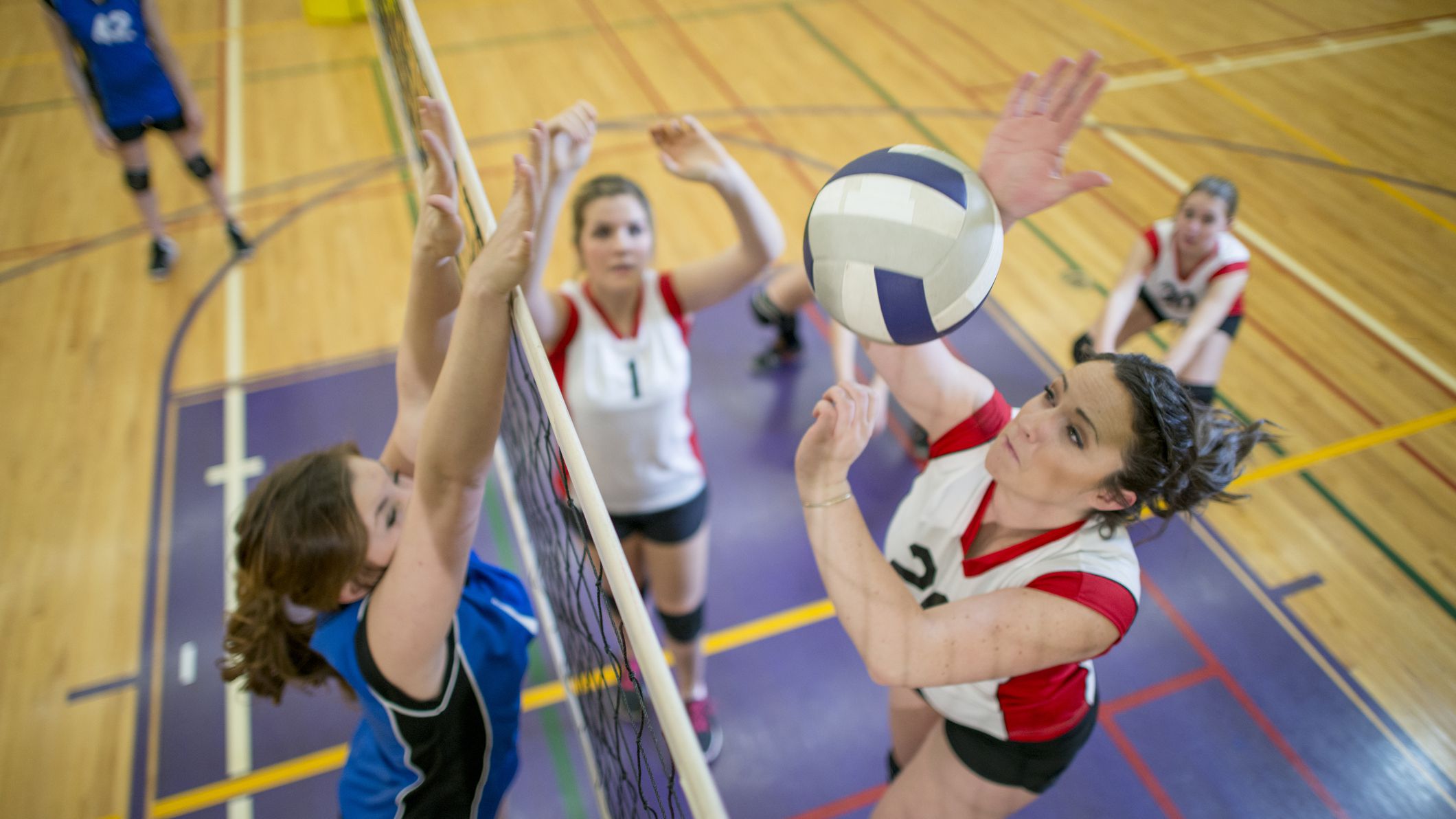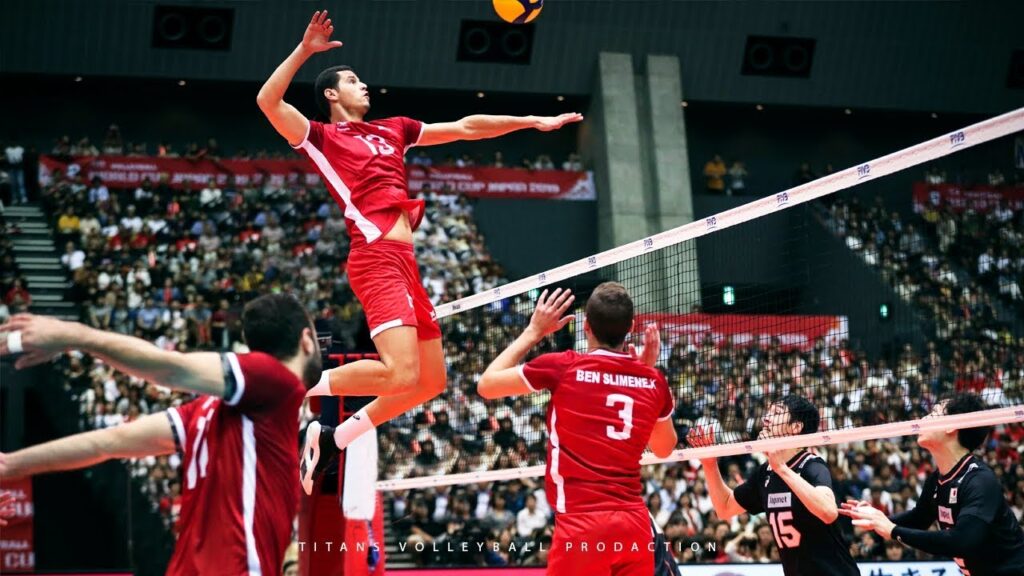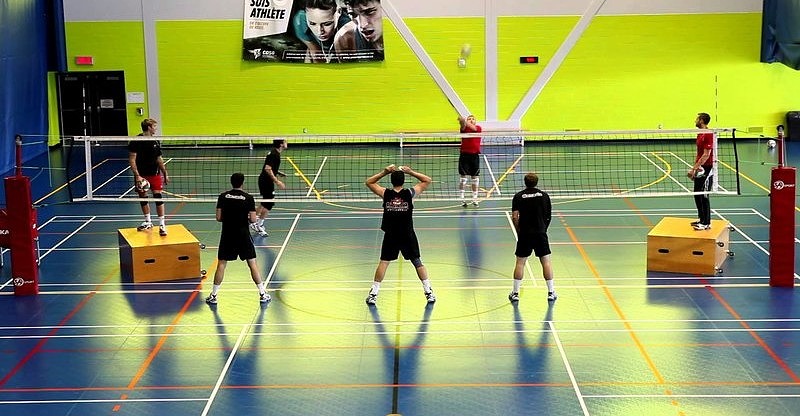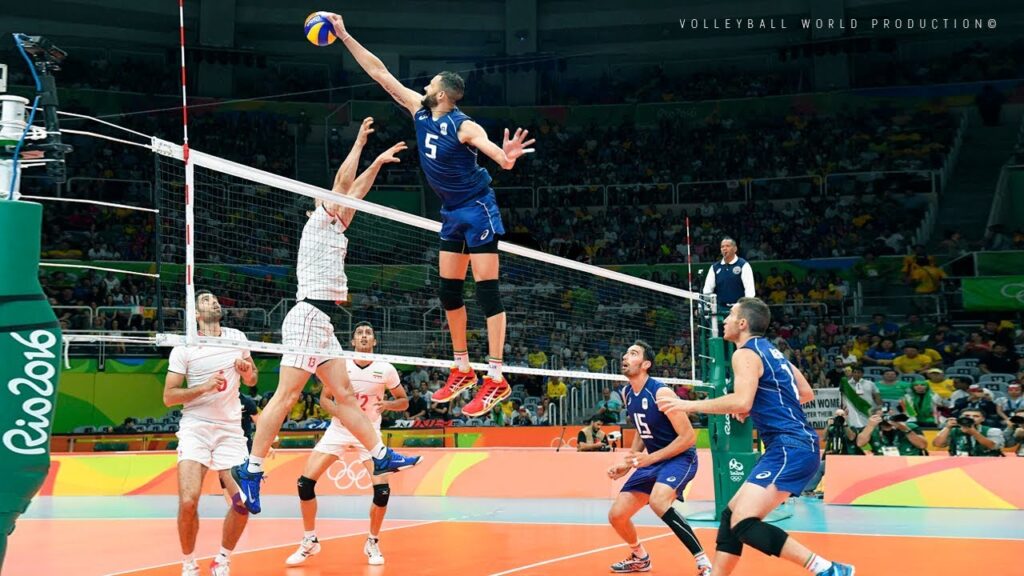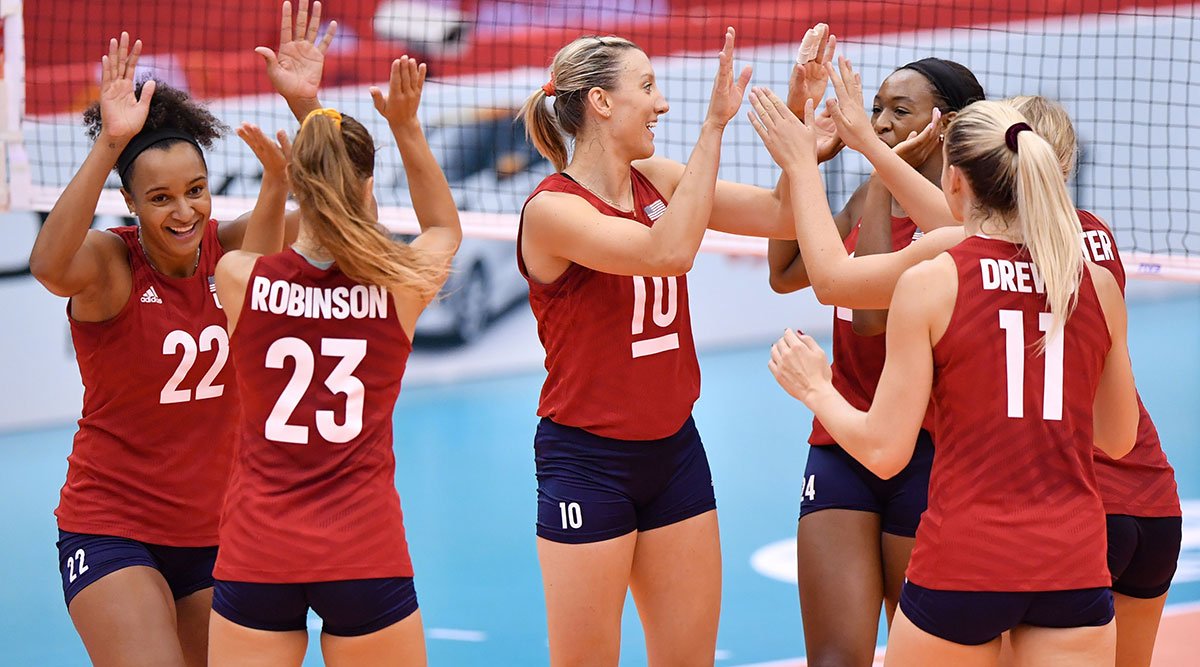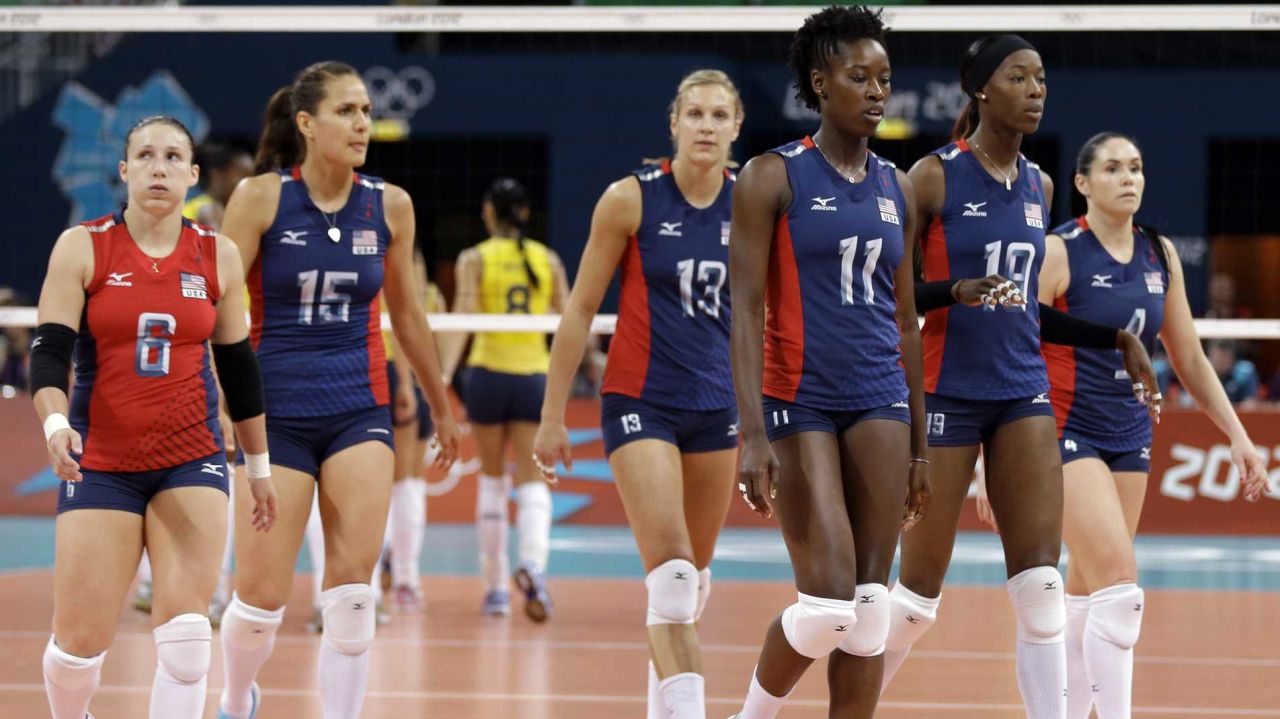Getting recruited to try out college volleyball could be a difficult procedure. With the fast surge in volleyball participation and the development of elite volleyball club teams, you’ll find thousands of skilled volleyball players looking for college scholarships. Below are some tips regarding how to get recruited.
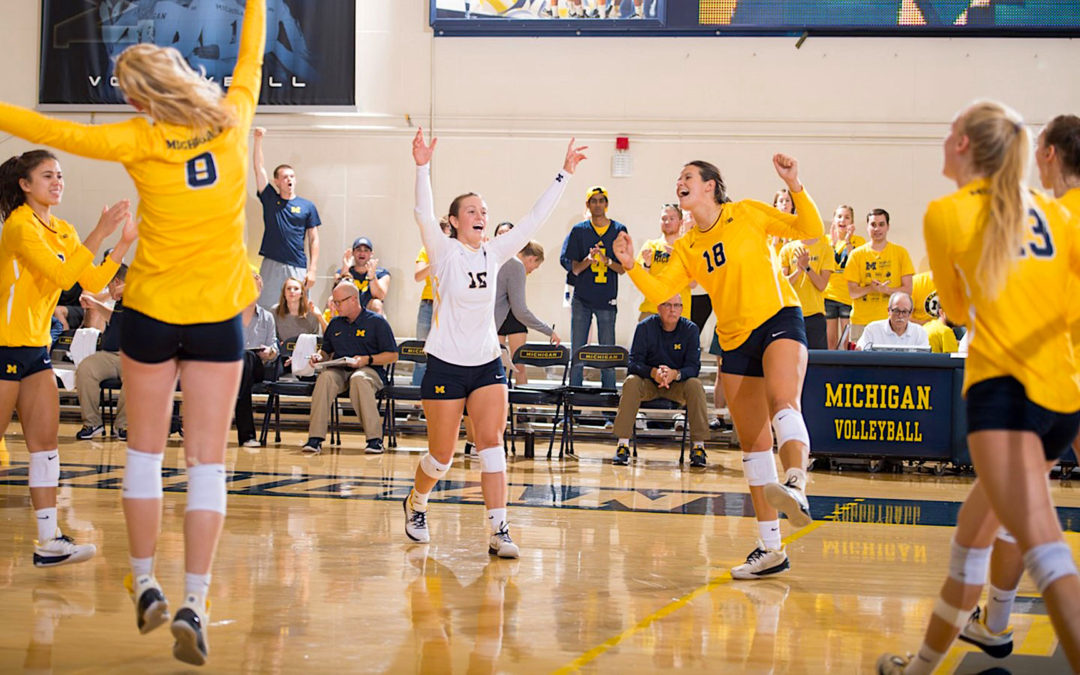
- E-mail film or link your recruiting profile using film on your initial e-mail. As attractively written as your e-mail could be, it doesn’t imply anything at all if the coaches do not know your volleyball skills.
- Send out an e-mail to the coach yourself. A recruiter you pay could send as numerous emails about your tournament play schedule, or new film coming from the latest tournament, however if you don’t personally express interest in the school, how do they know you actually like the University?
- Don’t hesitate to send out numerous emails in case the coach doesn’t reply. They might only be busy, or they supposed to reply however hadn’t yet and your 2nd or 3rd email reminds them to e-mail you back. Don’t allow this to prevent you from still reaching out to the coach.
- Take some time to send e-mails which utilize the coach’s name and school name all through the e-mail. When you receive an email which states, “Dear coach,” we know that e-mail will go to no less than 20 other coaches. This isn’t personable. Make time to write, “Dear Coach _.” Perhaps end the e-mail with the phrase like “Go lions!” or “Good luck in your next game on Friday!” Believe me, it is important.
- Be a great teammate. In reality, you can’t simply depend on your volleyball skills to obtain a spot on the college lineup. You should be good to others off and on the court, such as your parents. Remember, numerous coaches will ask your high school or club coaches regarding how you get along with others.
Getting started: Identify your talent level and expectations
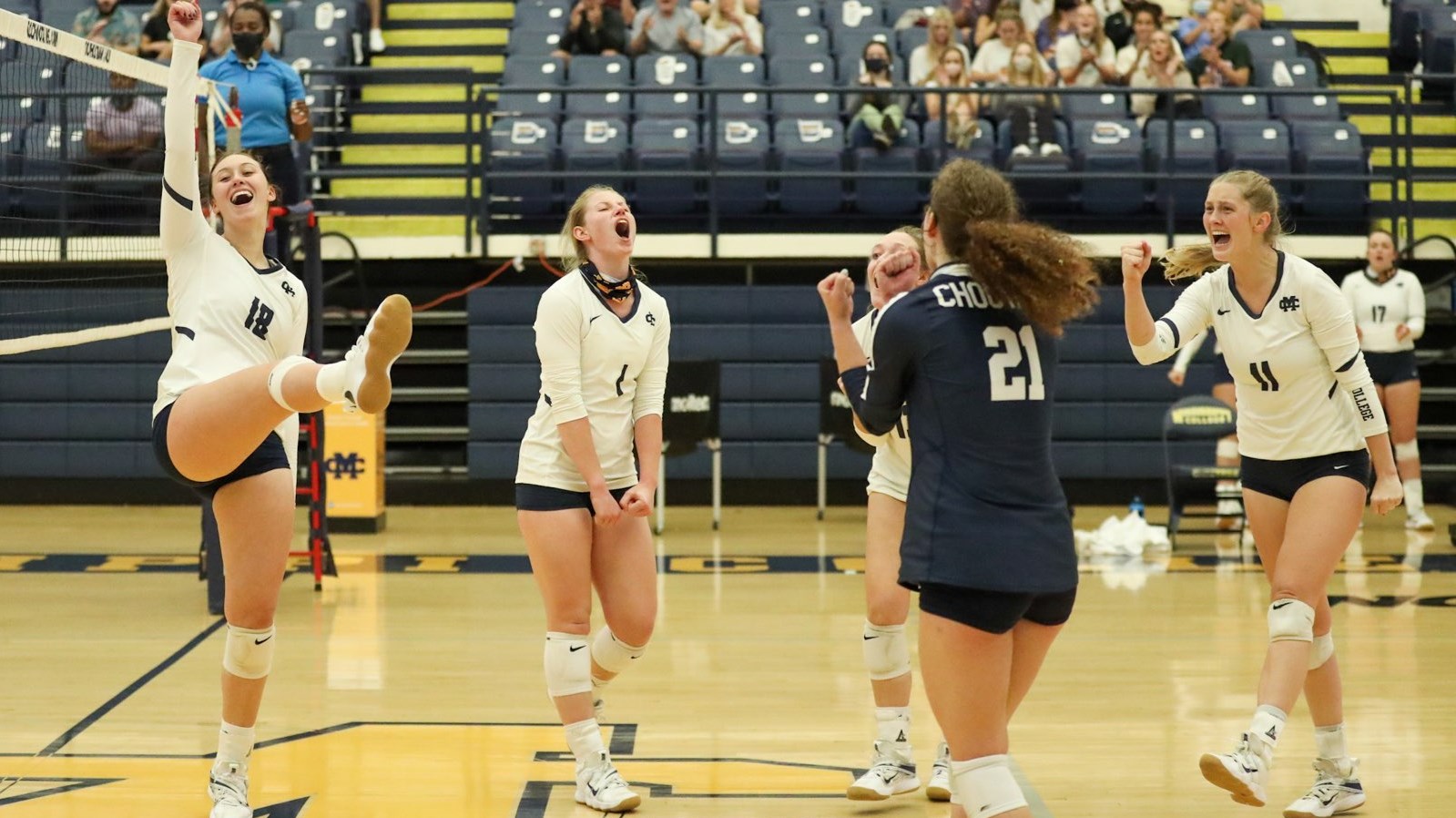
The initial few steps of the volleyball recruiting process are about establishing realistic expectations regarding the athlete’s dedication to playing in college as well as the forthcoming recruiting process. To begin with, athletes must ask themselves these questions and be as honest as you possibly can about your answers:
Am I prepared for the needs to be a college volleyball player? To be a college volleyball player, regardless of the division level, uses up plenty of effort and time. Numerous athletes say it’s just like having a full-time job and more. There’ll be early practices, workout sessions, games and trip in addition to classes and assignments. Players must be prepared for this commitment level prior to going into the recruiting procedure.
Am I sufficiently good to play college volleyball? Responding to this question demands players to seriously evaluate their present skillset and athleticism, and also project how much they’ll manage to improve by the point they’re a freshman in college. It’s an excellent time for players to loop in their present coach to talk about their objectives of playing college volleyball, so as to have an honest conversation regarding the recruit’s skill level.
Just what division level(s) am I qualified to perform at? You’ll find hundreds of chances for volleyball athletes at the Division 1, Division 2, Division 3, NAIA as well as junior college levels. Players must speak with their present coach, a certified third-party such as NCSA and college coaches themselves to know what division levels they may be qualified to participate at.
Am I on a club team which will get me contact with the coaches I’m considering? We’re not gonna sugar coat it: College coaches mainly recruit club volleyball athletes. You can find a number of reasons behind this: Club players have much more volleyball experience, since they compete on the sport almost all year round. They’ve already been encountered with top competitors and often have a higher-level of training compared to high school-only athletes. In addition, they play at big tournaments which attract college coaches from around the world.

